William PesekMay 19, 2011 12:34 am ET
(Updates with Strauss-Kahn’s resignation in second paragraph.)
May 19 (Bloomberg) -- In the annals of career suicide, Dominique Strauss-Kahn may warrant his own chapter.
The sex charges against him in New York are a matter for the courts. Yet we do know this: The International Monetary lost a capable leader after Strauss-Kahn bowed to the inevitable and resigned today. French voters may say au revoir to a man who might have become president and Europeans are questioning how the scandal might affect the debt-crisis rescue.
Asians should be asking a different question: Isn’t now the time to install one of their own as IMF managing director?
Tradition holds that a European runs the IMF, while an American heads the World Bank. It’s as anachronistic as the idea that the West still comprises the core of a financial system that is tilting toward Asia. Europe wants a local to help it oversee the bailouts of Greece, Ireland and Portugal. It makes more sense to tap someone from a region that rebounded from its own crisis in stunning fashion.
Here are four of many worthy Asian nominees who should be considered to run the IMF.
-- Haruhiko Kuroda. Since 2004, the Japanese economist has headed the Asian Development Bank with remarkable success. The former Ministry of Finance bigwig brought a sense of purpose and accountability to an unwieldy, Manila-based lender with more than 2,800 staffers around the globe. He focused his institution on upgrading infrastructure and education, a move that will broaden the benefits of rapid growth and boost competitiveness.
Among the tragedies of Strauss-Kahn being charged with sexually assaulting a hotel housekeeper is that he was good at his day job. My most memorable interview with him was in 1998, when he was French finance minister. In his Paris office, we discussed the IMF’s huge missteps a year earlier in Asia. A decade later, Strauss-Kahn would be in a position to correct those errors as Europe went the way of Asia.
Course Correction
Kuroda might be able to engineer an even bigger IMF course correction: a more forward-looking take on where the global economy is heading. He also may have the clout in Tokyo to keep officials from balking at the mounting reconstruction costs following a March 11 earthquake and tsunami.
-- Sri Mulyani Indrawati. Few developing nations have made bigger advances over the last dozen years than Indonesia. During her stint as finance minister from 2005 to 2010, Sri Mulyani did a stellar job reducing growth-squandering regulations, modernizing the banking system and increasing accountability in ways the nation hadn’t seen in generations. Her anti-corruption campaign cheered investors and Transparency International alike.
Street Credibility
She was so effective that Indonesian opposition parties engineered her departure to a senior gig at the World Bank --to get her out of the way. Why not invite her to walk down 19th Street in Washington to run its sister institution? The IMF would get some serious street credibility among developing nations and the Muslim world. And judging from my own conversations with Sri Mulyani, she would know better than to stay in a $3,000 hotel suite.
-- Zeti Akhtar Aziz. She is as internationally respected a central banker as any these days. The Bank Negara Malaysia governor played a key role in turning Kuala Lumpur into the global hub of the $1 trillion Islamic finance industry.
Zeti also was part of the team that bet against the IMF and won. In the late 1990s, it seemed inevitable that Malaysia would join Thailand, Indonesia and South Korea in accepting multibillion-dollar IMF bailouts and stringent conditions like raising interest rates, cutting spending and letting irresponsible companies fail.
Malaysia said no and Zeti helped it weather the turbulence. And then she watched the U.S., in the height of hypocrisy, do all the things it told Asian officials not to do. Zeti would bring a different perspective to the IMF, one much-needed.
Different Angle
-- Montek Singh Ahluwalia. As the former head of the IMF’s independent evaluation office, Ahluwalia, also has seen the institution at its worst. The deputy chairman of India’s planning commission would come at the job from a grass-roots angle. He was a top Finance Ministry official in 1991, when India began opening its economy. While it’s a work in progress, his handiwork helped set the stage for today’s 8 percent growth.
India is an example of a financial system that did a better job than the West at navigating the 2008 crisis that killed Lehman Brothers Holdings Inc. Say what you want about India’s inefficiencies and corruption -- its regulatory environment has served the nation well in recent years. One possible demerit: At 67, Ahluwalia may be deemed too old for the job.
There are many other Asian possibilities. Min Zhu, a special adviser to the IMF and a former deputy governor at China’s central bank, may get a look. So might Singapore Finance Minister Tharman Shanmugaratnam, former Hong Kong Monetary Authority Chief Executive Officer Joseph Yam and, a bit farther west, Kemal Dervis, Turkey’s former minister of economic affairs.
New Chapter
Europe has some solid candidates. Christine Lagarde, France’s finance minister, is a case in point. Gordon Brown is not, given his unsteady leadership while serving as U.K. prime minister. Brown’s successor, David Cameron, would be right to oppose his bid for Strauss-Kahn’s job.
Cameron is even more correct about something else --that it might be time for a candidate from another part of the world. With $6 trillion of currency reserves and the kind of dynamism and demographics so many investors are counting on, that part is Asia. The world is ready for a new chapter in Washington.
--Editors: James Greiff, David Henry.
Click on “Send Comment” in the sidebar display to send a letter to the editor.










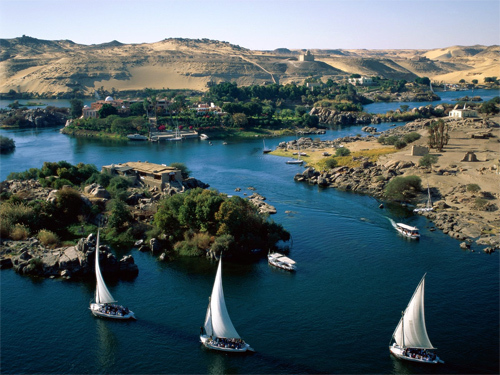
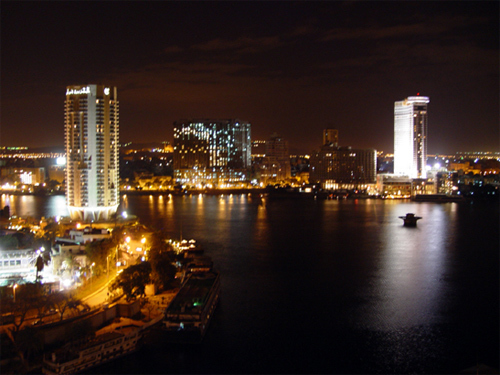



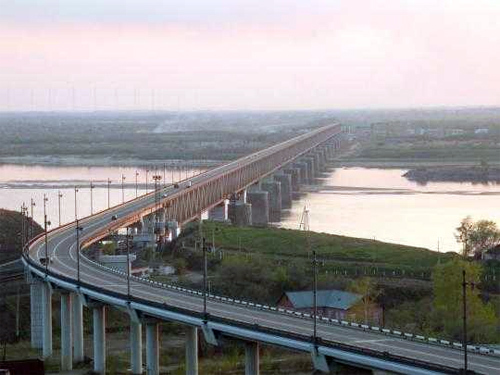
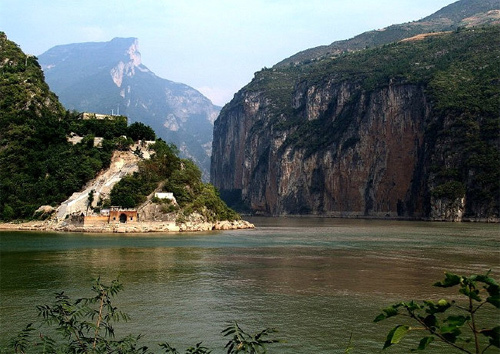




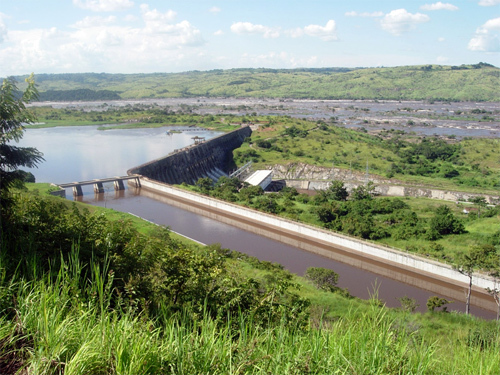

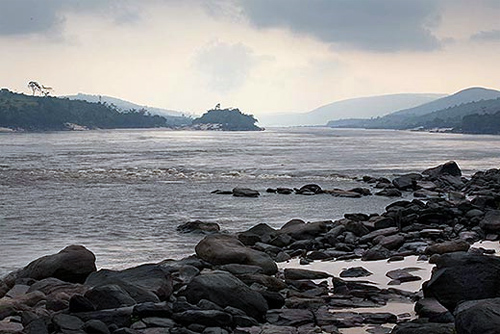





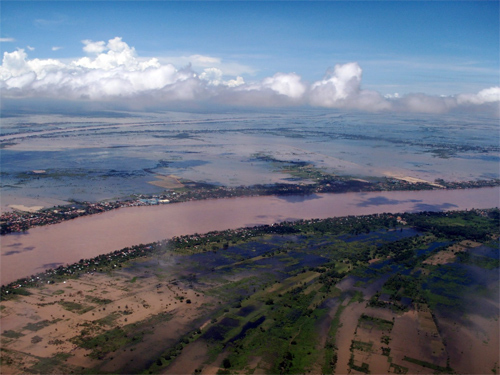
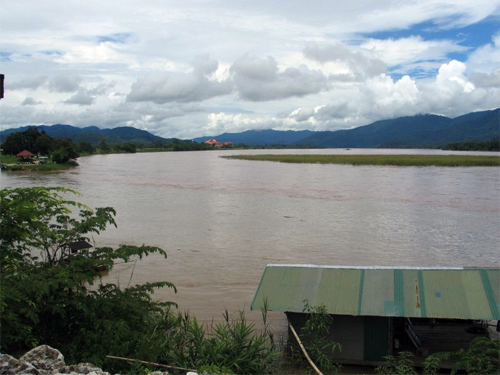
3
Comments